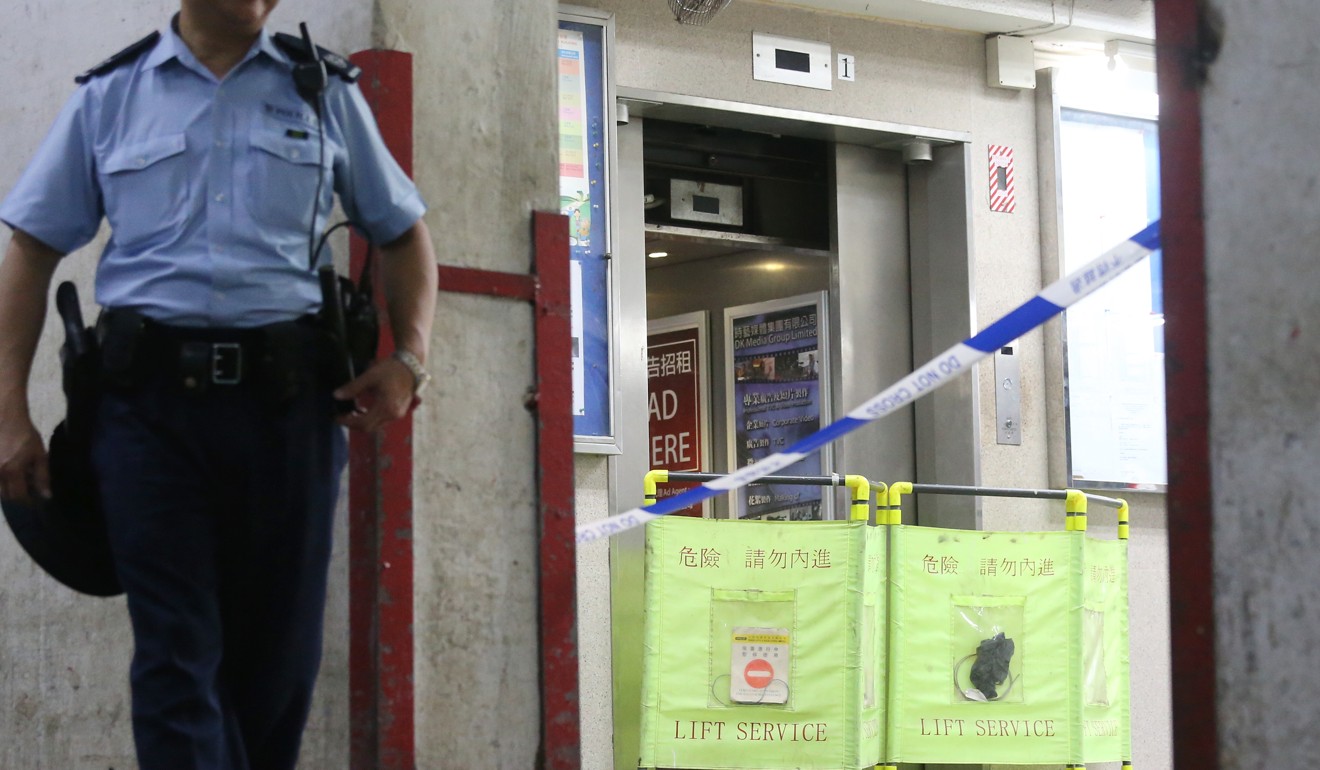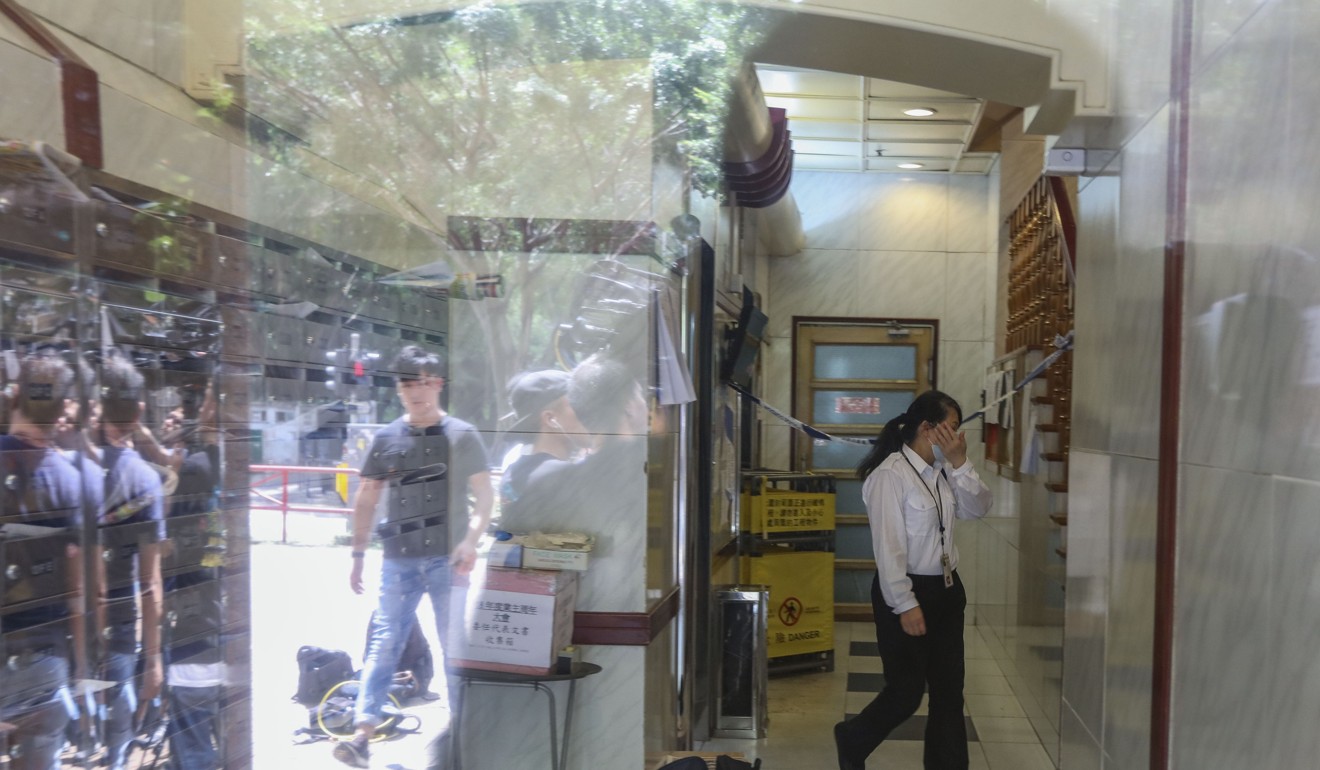
Improve lift safety in Hong Kong with mandatory maintenance and better pay for technicians, safety committee head says
Chairman of the government’s Lift and Escalator Safety Advisory Committee Otto Poon made suggestions after two serious accidents – one fatal – in city in little more than a month
Mandatory maintenance and better incentives for workers are among suggestions from the chairman of a government advisory committee to improve lift safety in Hong Kong, after two serious accidents in the city in little more than a month.
Otto Poon Lok-to, chairman of the Lift and Escalator Safety Advisory Committee, said on Saturday that the recent accidents served as a wake-up call to the public and the industry.

Speaking on a radio programme on Saturday, Poon said if such problems could not be handled properly, “social conflicts might be provoked”.
He offered several suggestions to officials, companies and buildings’ residents for improving the safety of the city’s lifts.
“Concerning aged lifts, the government should request that [flat] owners enhance maintenance, or even make it mandatory for owners to carry out maintenance according to the latest safety standards,” Poon said.
He noted the city had around 70,000 lifts and escalators, half of which had already been used for more than 20 years.

Poon said officials could consider subsidising or providing low-interest loans to elderly or low-income residents to fix or replace aged lifts.
At the same time, lift workers’ pay could be increased to lure more people to join the industry.
He said despite more people entering the sector in recent years, it remained a challenge to fully resolve the labour shortage.
“It takes several years to train a technician,” he explained. “And the city sees about 1,500 new lifts installed every year.”
How safe are Hong Kong’s lifts?
Poon also said lift companies should replace components of a lift after being used for a certain period of time. The latest technology, such as sensors and big data, could be used to boost safety.
“They could collect and handle data, as well as monitor and predict the performance of a lift,” he added, noting that technicians could be quickly notified by these technologies if anything went awry.
Poon said the improvement works would have to be done in phases to cater to manpower issues.
A Development Bureau spokesman said its staff and those of the Electrical and Mechanical Services Department were actively studying recommendations to improve lift safety in Hong Kong. Updated information would be announced, he added.
Tse King-wa, chairman of the Hong Kong General Union of Lift and Escalator Employees, said there were more than 5,400 registered workers and more than 1,500 general workers in the city’s lift and escalator industry. On top of that, more than 200 people had joined the sector as apprentices annually in recent years.
But he estimated that if mandatory maintenance had to be carried out on the city’s aged lifts, on top of regular maintenance work of other existing and newly added lifts, manpower had to be increased in phases. He added that the industry would also have to consider a wave of retirement in about seven years.
Tse said while a registered lift worker was paid about HK$500 a day, this should be raised to HK$800 to make it more “reasonable” compared with the salaries of mechanics and electricians in other fields.

